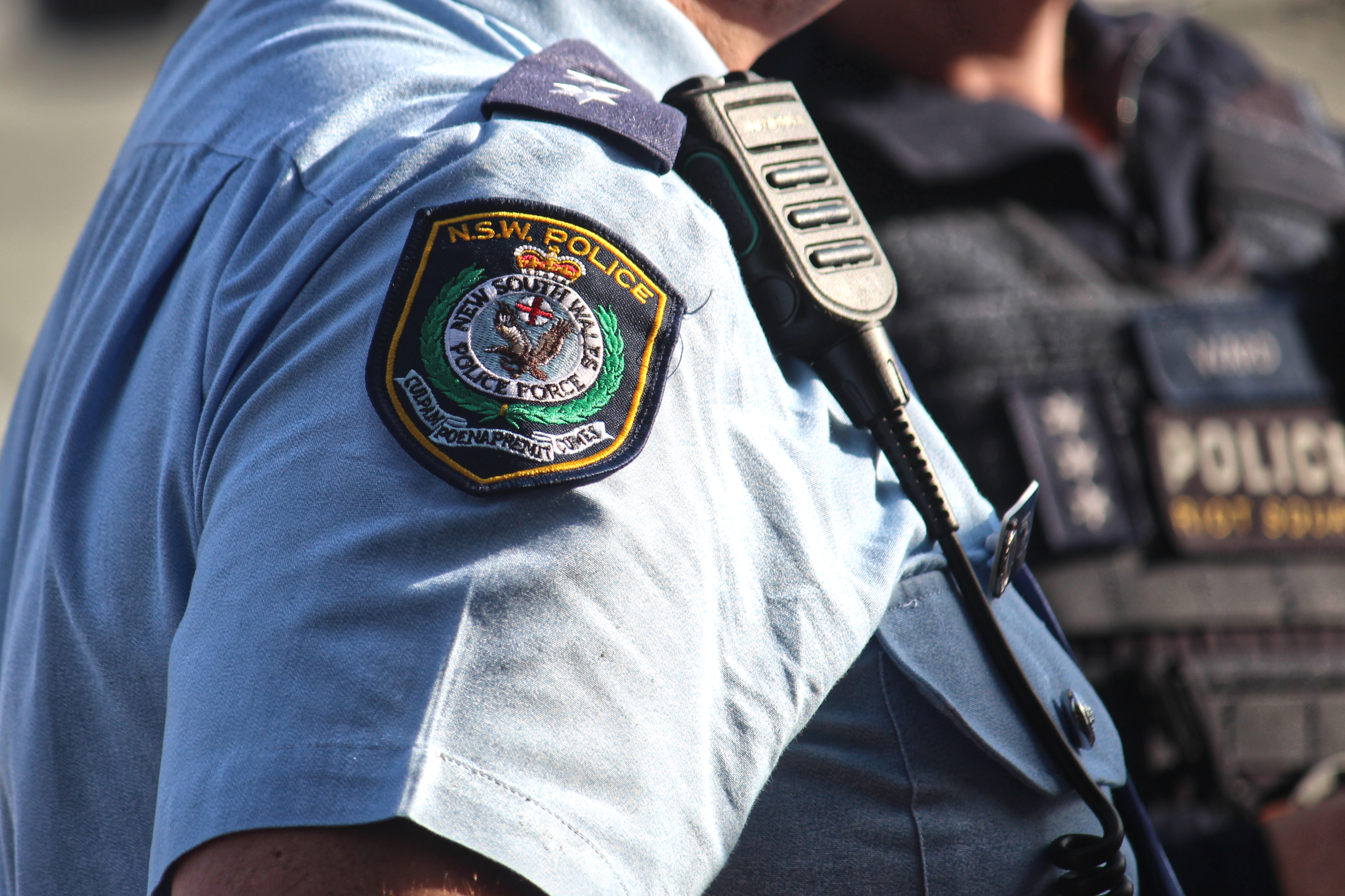Share This Article
By Sahar Adatia and Jimmy Singh.
It is reported that over the Australia Day long weekend, NRL star, Curtis Scott, allegedly kicked and punched a police officer before resisting arrest following a boozy night out in Sydney to celebrate the national holiday.
At around 12:45am on 26 January 2020, police were called to Driver Avenue in Moore Park in the wake of statements that a man was earlier allegedly witnessed acting in an erratic manner on Regent Street in Paddington.
Officers attached to Surry Hills Police Area Command say they were able to locate Mr Scott, who was asleep near Driver Avenue, at which time they attempted to assist him.
However, police allege that the 22-year-old became hostile.
When police tried to arrest him, the Canberra Raiders recruit allegedly resisted. Police say they were then forced to taser him.
Mr Scott was arrested and taken to Surry Hills Police Station where he was charged with a string of offences, including resisting officer in execution of duty, assault officer in execution of duty, behave in offensive manner in/near public place/school, behave in an offensive or indecent manner, and remain on, enter trust lands after request to leave.
Mr Scott had been out with Raiders teammates at a rooftop bar.
Mr Scott, George Williams, Sam Humphreys, John Bateman, Elliott Whitehead, Jack Murchie and Ryan Sutton were all shown together across social media in various posts.
Mr Scott’s Lawyer Accuses Police of Misconduct
In the aftermath of the incident, Mr Scott’s lawyer accused the police of misconduct after entering not guilty pleas to the charges.
The Canberra Times reports that his lawyer described the allegations against his client as “contextually false” and “not supported by the objective evidence”.
“We will defend this to the last breath,” his lawyer said.
“The police clearly misunderstood their powers. There is a significant concern about the manner in which police conducted themselves. We’ll flesh it out in due course.”
His lawyer has asserted that Mr Scott is not guilty of all the charges he is facing and he would rely on footage taken from police body-worn cameras to defend his client against the allegations that he resisted arrest before becoming aggressive.
NRL Taking String of Charges to Scott “Extremely Seriously”
Meanwhile, NRL issued a statement making clear that they are taking the string of police charges levelled at the Canberra Raiders player “extremely seriously”.
An NRL spokesman said “the NRL takes allegations of this nature extremely seriously and that the Integrity Unit was working with NSW Police and the Raiders to gain a clear understanding of the incident”.
The Canberra Raiders also delivered a brief statement, advising the club was aware of what had happened and had “informed the NRL Integrity Unit and will work with them on the investigation”.
They said they would be making no further comment.
Mr Scott’s lawyer said he expected his client would return to training as normal and there would be no reason for him to be stood down, believing the charges are not serious enough to consequentially prompt the game’s “no-fault” stand down rule.
He has pleaded ‘not guilty’ and is next to appear before the Court on 20 March.
Have questions around this topic? Contact our Sydney based criminal lawyers today for a free discussion.
Resisting Arrest Charges NSW
The maximum penalty or sentence for a resisting a lawful police arrest in NSW is $1,100 or 1-year jail, or both prescribed by section 546C Crimes Act 1900 (NSW). This includes a criminal conviction.
That section prohibits a person from resisting or hindering (or inciting a person to assault, resist or hinder) a police officer who was acting in the execution of his/her duty.
Whether you agree with the role of police officers or not, the reality is that it is an offence to do these things under the law.
A person charged for such an offence will only be found guilty by a court if the prosecution can prove each of the following elements beyond reasonable doubt:
- The accused either resisted or hindered a police officer (or incited another person to assault, hinder or resist a police officer); and
- The officer was acting in the execution of his/her duty at the time of the allegations.
The alternative more serious version of this charge is under section 58 Crimes Act 1900 (NSW). Under this charge, the maximum penalty is a 5-years jail sentence for assaulting, resisting, wilfully obstructing any officer while in the execution of his/her duty.
What are some defences to resisting police arrest charges? Self-defence is a common one, or where police acted illegally or improperly i.e. illegal arrest. Another type of defence includes acting under a duress or necessity.
Book a Lawyer Online
Make a booking to arrange a free consult today.
Call For Free Consultation
Call Now to Speak To a Criminal Defence Lawyer
Over 40 Years Combined Experience
Proven SuccessAustralia-Wide
Experienced LawyerGuarantee
 (02) 8606 2218
(02) 8606 2218
 (02) 8606 2218
(02) 8606 2218














